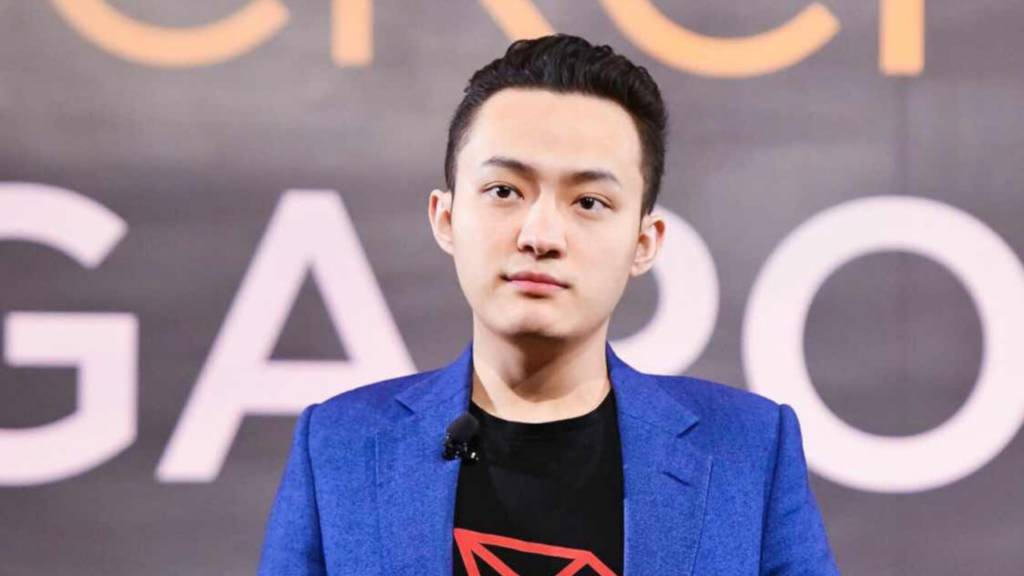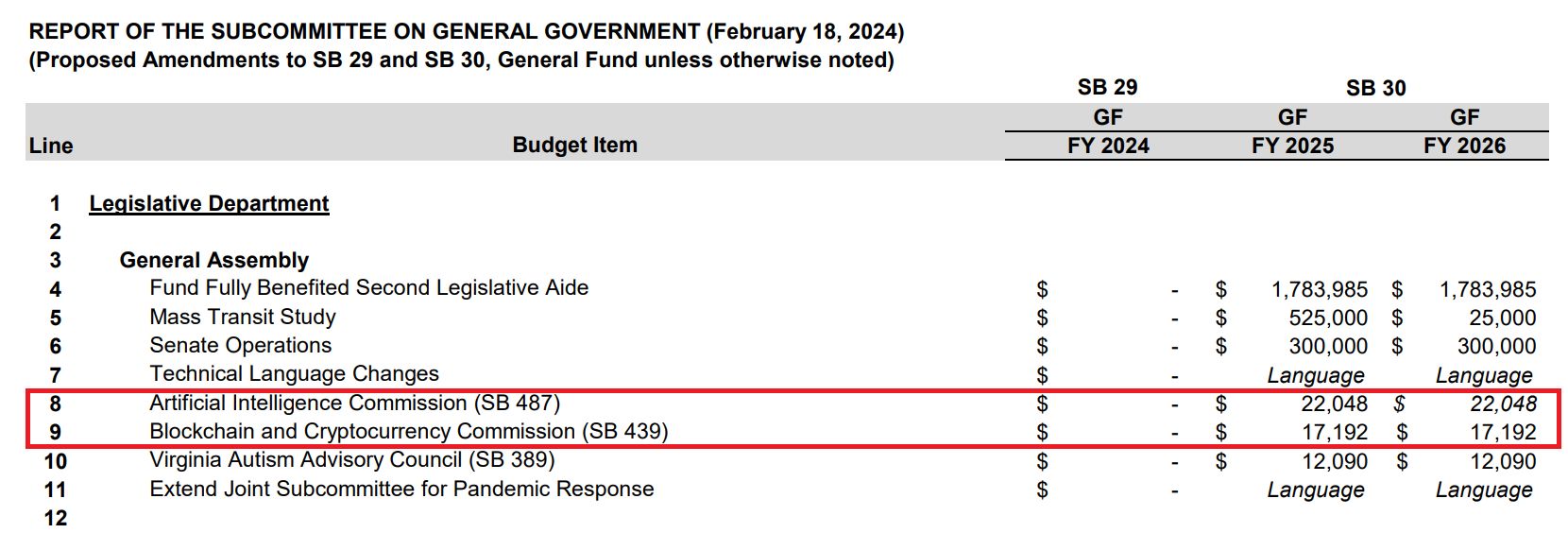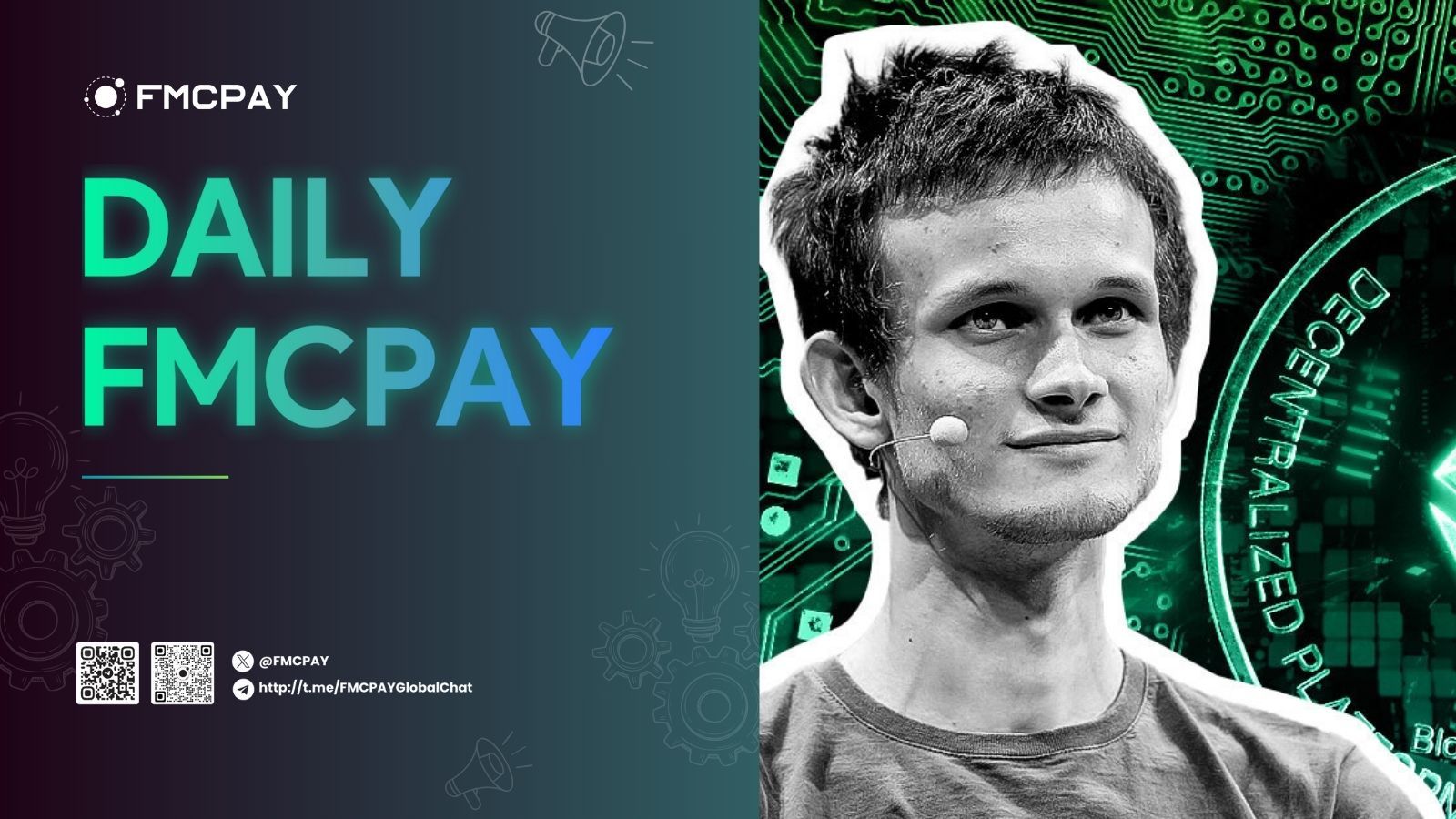Vitalik Buterin has shared his enthusiasm for AI in helping to identify potential flaws in Ethereum’s codebase.
Vitalik Buterin shared his thoughts about AI with Ethereum
Ethereum co-founder Vitalik Buterin recently expressed his optimism about the potential of artificial intelligence (AI) to address a significant challenge facing Ethereum: identifying and resolving bugs deeply embedded within its code. In a post on X dated Feb. 18, Buterin highlighted the importance of AI-powered auditing in mitigating this risk, underscoring its potential to enhance the security and stability of the Ethereum network.
One application of AI that I am excited about is AI-assisted formal verification of code and bug finding.
Right now ethereum’s biggest technical risk probably is bugs in code, and anything that could significantly change the game on that would be amazing.
— vitalik.eth (@VitalikButerin) February 19, 2024
Buterin’s remarks coincide with Ethereum’s imminent implementation of its highly anticipated Dencun upgrade, scheduled for release on March 13. Although Dencun was successfully deployed on the Goerli testnet on Jan. 17, a bug in Prsym caused a delay of four hours before finalization on the testnet. Upgrades like Dencun are integral to Ethereum’s long-term development trajectory.
Nevertheless, there are dissenting voices regarding the efficacy of AI in detecting bugs within Ethereum-based code. In July 2023, OpenZeppelin conducted experiments utilizing OpenAI’s GPT-4 to uncover security vulnerabilities in Solidity smart contracts, Ethereum’s native coding language.
During these experiments, GPT-4 successfully identified vulnerabilities in 20 out of 28 challenges.

When GPT-4 failed to identify flaws, it could sometimes be prompted to rectify its errors promptly. However, there were instances where OpenZeppelin found that the AI had actually fabricated a vulnerability that didn’t exist originally.
Similarly, Kang Li, CertiK’s chief security officer, cautioned against the use of AI-powered tools like ChatGPT in coding, suggesting that they often introduce more security challenges than they resolve.
Overall, Li advises using AI assistants as aids for experienced developers, as they can effectively clarify the meaning of a line of code to developers.
“I believe ChatGPT is an excellent tool for code analysis and reverse engineering. It serves as a valuable assistant, significantly enhancing our efficiency.”
While Buterin remains largely optimistic about AI’s potential, he has previously urged developers to proceed with caution when integrating AI with blockchain technology, particularly in conjunction with “high-risk” applications like oracles.
“It’s crucial to exercise caution: if someone develops, for instance, a prediction market or a stablecoin that relies on an AI oracle, and it’s discovered that the oracle is vulnerable to attacks, it could lead to a significant loss of funds in an instant.”
Justin Sun’s suspected wallet transferred 500 million USDT to Cooperative.
The wallet marked as suspected to belong to Justin Sun withdrew 500 million USDT from JustLend, then transferred the entire amount to Cooperative (Huobi).

On February 18th, Whale Alert, a monitoring service, detected a withdrawal of 500 million USDT from JustLend, the largest decentralized lending platform on the TRON ecosystem, originating from the whale wallet TT2T17…EWkU9N. Subsequently, this substantial amount was transferred to the Cooperative.
According to Arkham, the wallet in question is suspected to be owned by Justin Sun, the founder of TRON and senior advisor of the Cooperative exchange. This wallet has a history of withdrawing large sums of money from JustLend to the Cooperative.
In a previous instance in August 2023, the same wallet withdrew $200 million and transferred it to CEX. However, the Cooperative denied that this address belonged to Justin Sun, asserting instead that it belonged to a top 10 whale holding TRX tokens.
This recent injection has bolstered the Cooperative exchange’s asset reserves to $2.1 billion. Interestingly, this figure experienced a sudden decrease on February 1st, with an outflow of over $1 billion.

Virginia proposes $39K yearly fund for crypto and AI commissions
The proposed budget entails an annual general fund allocation of $22,048 and $17,192 for the newly established commissions on artificial intelligence and cryptocurrency in the state of Virginia, respectively.
A Virginia senate committee has recommended a combined yearly fund allocation of $39,240 for these two commissions. This recommendation stems from a proposal put forth by the Subcommittee on General Government of the Senate Finance and Appropriations Committee on February 18th.
The proposal outlines a budget of over $23.6 million for various legislative departments, with the Blockchain and Cryptocurrency Commission, established in January 2024, slated to receive a proposed general fund of $17,192 for the fiscal years 2025 and 2026.
Similarly, the Artificial Intelligence Commission, currently referred to as the Committee on Communications, Technology, and Innovation, has been allotted $22,048 for the same period.

The Blockchain and Cryptocurrency Commission has been assigned the responsibility of studying and providing recommendations for blockchain technology and cryptocurrencies, as well as promoting their growth within the state of Virginia. The commission is expected to consist of 15 members, comprising seven legislative members and eight non-legislative members. These members are to be appointed “no later than 45 days after the effective date of this act.”
Also read: CRYPTO MARKET REVIEW IN 2023 AND NARRATIVES IN 2024

